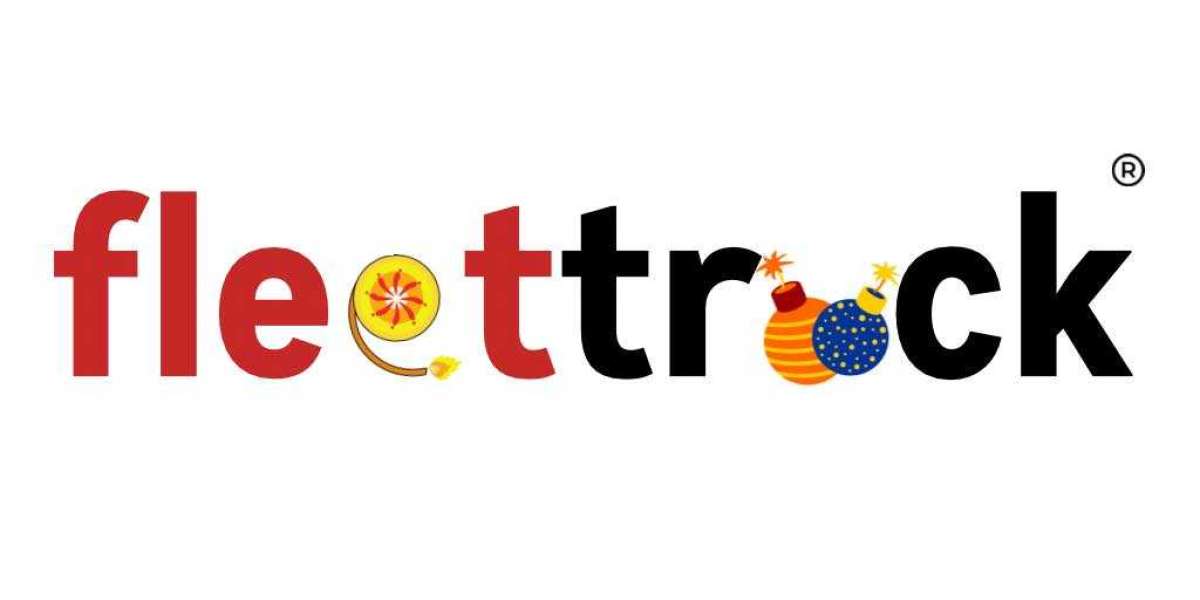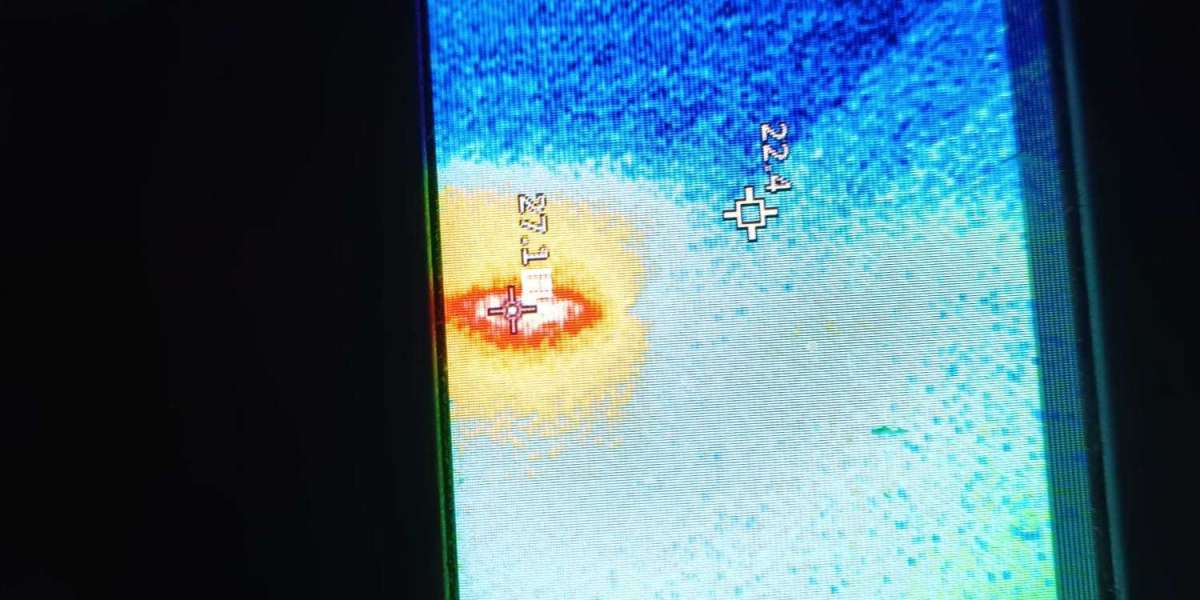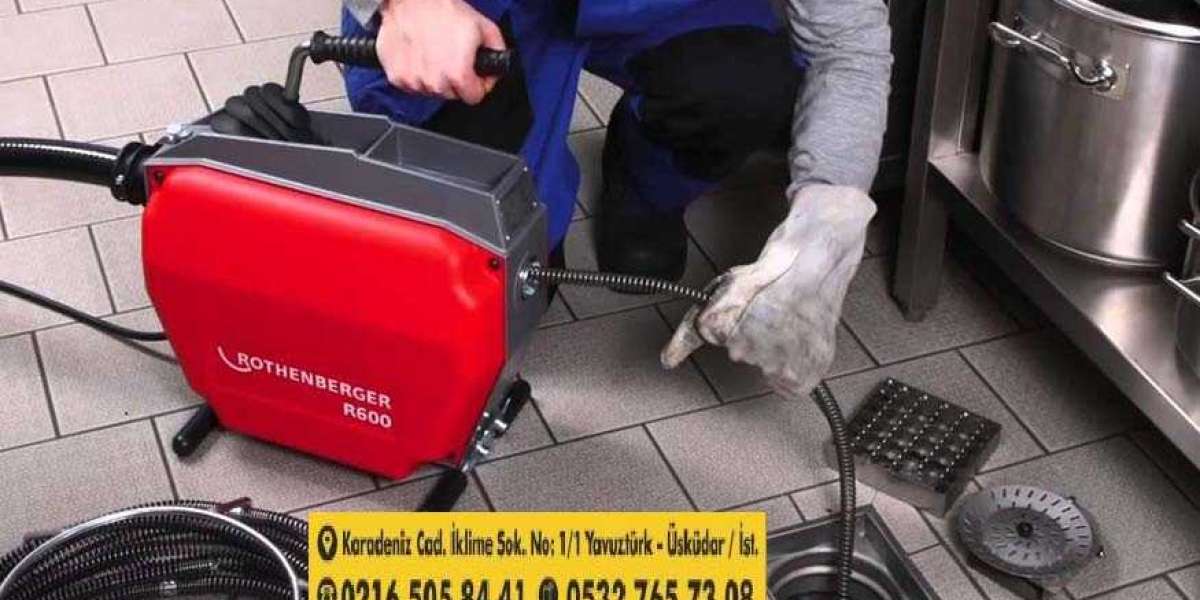Landlords are responsible for making sure that all gas appliances comply with the regulations and are safe. Infractions could lead to fines and could compromise the safety of tenants.
 CP12 is the abbreviation used for CORGI Form 12. It is also called a Gas Safety Certificate or a Landlord's Gas Safety Record.
CP12 is the abbreviation used for CORGI Form 12. It is also called a Gas Safety Certificate or a Landlord's Gas Safety Record.It is legally required to have your gas pipework and appliances tested annually. Some landlords are unable to gain access to their properties and are forced to follow a shorter inspection cycle.
It's a requirement by law
It is crucial to keep your gas safety certificates up-to-date regardless of whether you're a landlord with a single property or a rental portfolio. Failure to do so could result in a fine, or even prosecution. There are other benefits for having your gas appliances inspected and a valid certification displayed in every property.
A gas safety certificate includes details such as the date of inspection, the address of the house inspected, the details of each appliance that was inspected with their current status, and the name and identification number of the engineer who performed the inspection. It also identifies any appliances that are deemed to be unsafe for use' and suggests ways to eliminate the issue. If the engineer discovers unsafe appliances, they'll issue an "ID" code. If an appliance is deemed to be in danger, but isn't immediately dangerous, it will receive an "AR" code.
Tenants can sometimes refuse access to a gas safety inspection which is when the relationship between landlord and tenant may start to become problematic. Gas Safety (Installation and Use) Regulations of 1988 require landlords to take reasonable measures to ensure compliance. This includes attempting multiple times to perform the checks and inform tenants that this is a requirement for their security. It's a good idea also to include access arrangements in the tenancy contract.
The landlords should also display a copy their gas safety certificate at each property. This will stop tenants from moving into homes that have gas appliances that are unsafe, and permit potential tenants to look up the history of safety inspections. A gas safety certificate will also help you build credibility as a responsible landlord. This will attract more tenants.
A gas safety certificate Landlord Safe registered Engineer will not only make sure that your gas equipment is safe, but a service contract can also save you money and time in the long term. For instance, many gas companies offer a discount cost for annual Gas Safety Certificates. It is a good idea to shop around and find the best price for you.
It's a great idea.
As a landlord, it is your obligation to ensure that all gas appliances in your property are safe. Regular inspections by a certified Gas Safe engineer are the best way to identify and address any issues before they become more serious and risky for tenants. Regular inspections also assist in keeping gas boilers, and other equipment, in good working condition, allowing them to last longer.
Landlords need to have an Gas Safety Certificate valid for each gas appliance within their property. Without these certificates, landlords risk huge fines and could discover that their appliances are unsafe to use for tenants. Fortunately, it's easy to obtain a Gas Safety Certificate for your home by hiring a qualified engineer and arranging for an appointment.
Gas Safety Regulations require a minimum of a yearly gas inspection. However, it is advisable to do more frequent checks when you've abandoned your home for a long period of time. This is because appliances can be tampered with or the gas supply may have been shut off while the property is unoccupied.
It is crucial to have an up-to-date gas safety certificate when you are re-letting a property. This is so you can transfer keys to the new tenants. A re-inspection is also necessary in the event that the older appliances have been used by tenants or work has been carried out on the gas system since the last inspection.
Before conducting any inspections it's an excellent idea to talk to your tenant and ask them to give you access to the property. If they're hesitant, you can send them a clearly written letter that explains why access is needed and what the gas safety checks will entail. If they don't want to go through the process to allow access, you can start the eviction procedure with the section-21 notice.
Gas safety is your number one priority. You must have a Gas Safety Certificate on all of your gas appliances. If you don't, you could risk losing your deposit for tenancy and possibly facing legal action from your local council or the Health and Safety Executive. To avoid this, it's recommended to schedule regular inspections conducted by a qualified Gas Safe engineer and make sure that your Gas Safety Certificate is up to date.
It's a pain
Some aren't happy with the landlord gas safety inspections. It is not only an official requirement, but also a good idea to make sure that tenants use appliances that have been inspected by a professional. If something goes wrong, it could result in a gas-hazard situation that would be disastrous for anyone who lives in or around the building.
But some tenants refuse to let these inspections in, which is quite understandable. They might think it's a violation of their privacy or believe that the check might be an attempt to spy on their activities or habits. But landlords need to bear in mind that they are legally obliged to conduct these inspections, and they are only able to do so only if tenants permit them access to their property.
The hassle of dealing with recalcitrant tenants can be stressful especially for landlords with multiple properties. It is important for landlords to remember that if their gas safety certificate is not obtained, they may be penalized with heavy fines, and tenants may not be permitted to move into the house until the issue is addressed.
Keep copies of the gas certificate for your landlord in the event that you have to ever repossess the property. They may not be able to prove they've conducted the proper inspections if previous tenants haven't kept copies and it's a good idea to keep an archive in case of need.
If a landlord does not provide their tenants a copy of the gas safety certificate within 28 days of carrying out an inspection, they could be charged by the Health and Safety Executive (HSE). If you're a tenant, it's best to ask your landlord for a copy as soon as possible.
Landlords must keep their Gas Safe certificates current and provide copies to tenants. They can be purchased from Gas Safe online, and the process is fast and easy. The certificate is not expensive dependent on where you're located and how many appliances are checked, it costs between PS50 and PS90.
It's not expensive
You may not think of gas security checks when you think about the cost of renting a property. Yet it is a legal requirement that should not be omitted. It will ensure your tenants are protected and you can provide a valid certificate in case any problems arise. It also helps you to avoid future costly repairs.
Be aware that landlords must maintain their plumbing, appliances and flues clean. Regular maintenance will help prevent carbon monoxide poisoning which is an extremely dangerous health danger. This can be caused by malfunctioning fires, gas cookers, and boilers. Carbon monoxide, a colorless and tasteless gas, is unable to be detected without special equipment. It is crucial to install carbon monoxide detectors throughout your home and regularly check them and also check the condition of gas appliances.
The cost of a landlord's gas safety check may vary slightly depending on the specialist. However, you'll usually find a good price online by entering your postcode and comparing prices. Ask about discounts if there are several properties to be checked. Some engineers offer discounts when you combine inspections.
Another factor that affects the cost of a gas safety inspection is the location of your home. Landlords who reside in areas with high-end amenities like London will have to pay more for a gas safety inspection than those who reside in less affluent or remote areas.
Landlords should also be aware that some tenants may refuse to allow access to the check. This is often due to tenants' fear of intruding of privacy or suspicion of snooping. A carefully composed note describing the reasons behind getting access to their house will convince them.
 If the tenant is unwilling to allow the inspection, the landlord may take action. This includes serving the tenant with a Section 21 Notice, although the court will decide whether or not this is reasonable. The best option for the landlord to do is contact the tenant to explain why a gas safety check is necessary.
If the tenant is unwilling to allow the inspection, the landlord may take action. This includes serving the tenant with a Section 21 Notice, although the court will decide whether or not this is reasonable. The best option for the landlord to do is contact the tenant to explain why a gas safety check is necessary.






